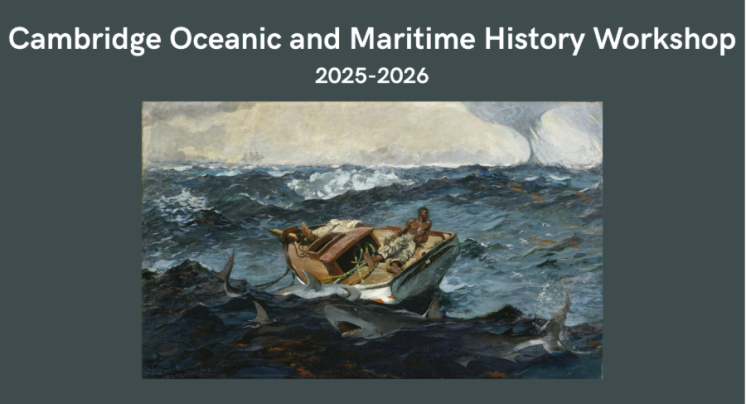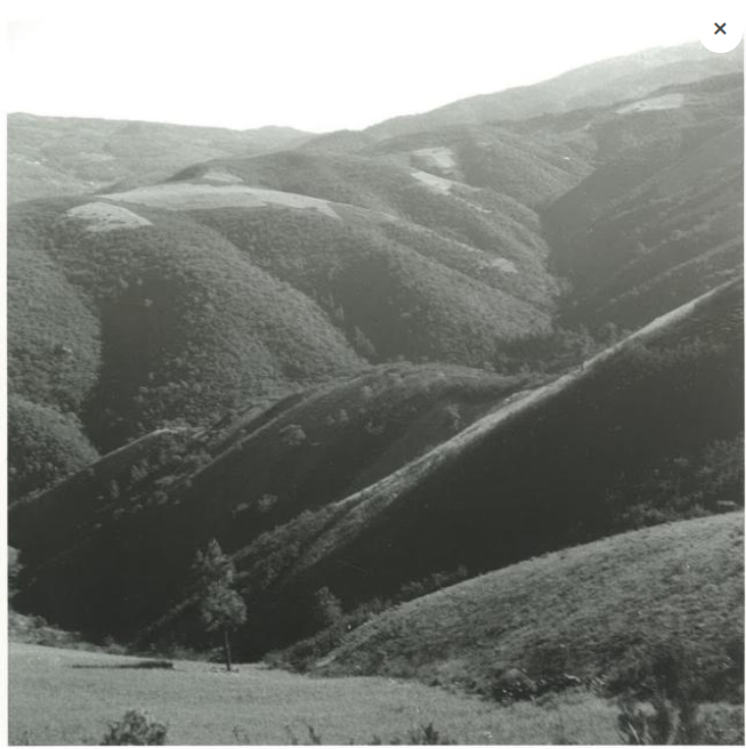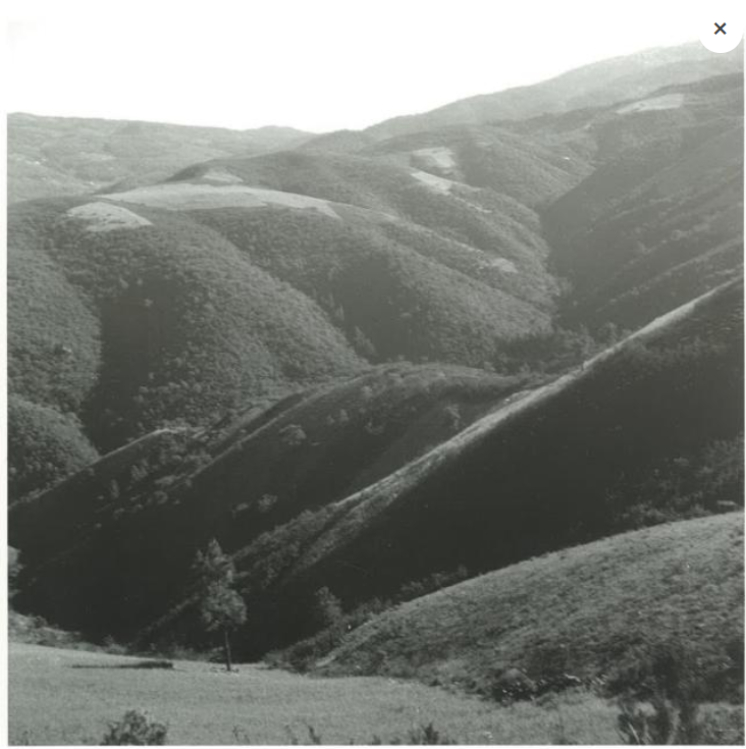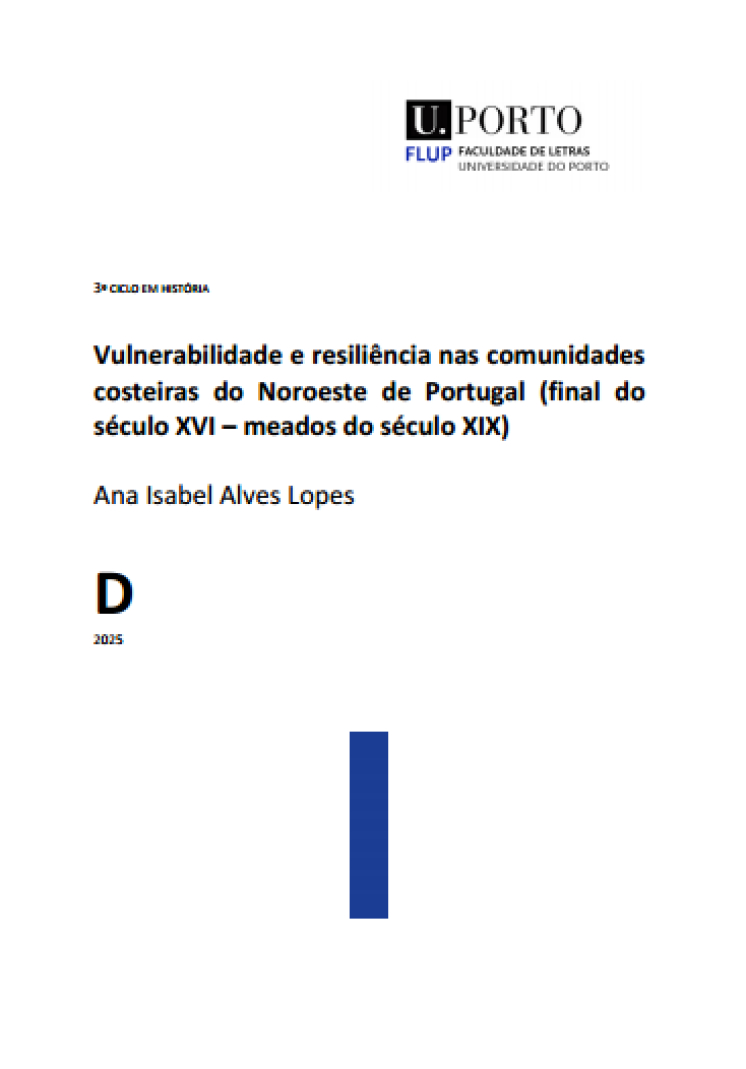The Oceanic and Maritime History Workshop is inviting submissions to deliver papers during Michaelmas Term 2025 (October to December). This Workshop offers a supportive and informal setting for graduate students and early career researchers (ECRs) to discuss their research.
It is welcome presentations on all aspects of Oceanic and Maritime History across all periods, including (but not limited to):
- Encounters (maritime "worlds," cross-cultural interactions, the subaltern sea)
- Spaces (littoral, coastal, and insular communities, the terraqueous globe, sacred maritime geographies)
- Exchanges (migration and trafficking, flows of goods and ideas, maritime knowledge networks)
- Cultures (maritime identities, seafaring traditions)
- Environmental Histories (human-sea ecologies, oceanic transformations)
Call for papers deadline: 1st October 2025






